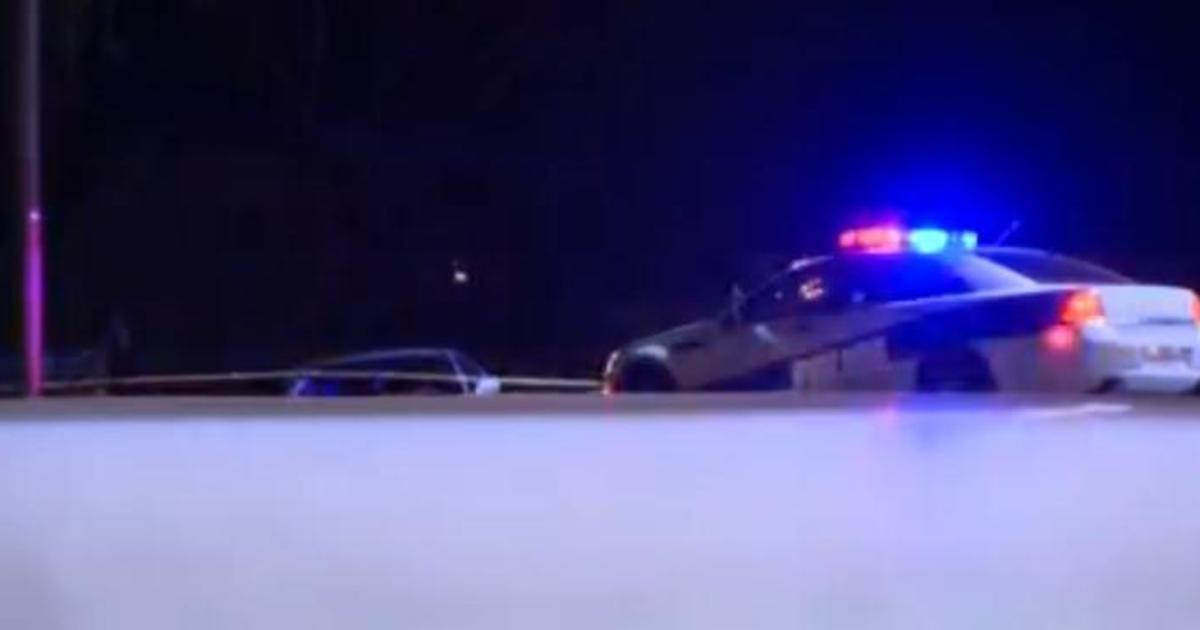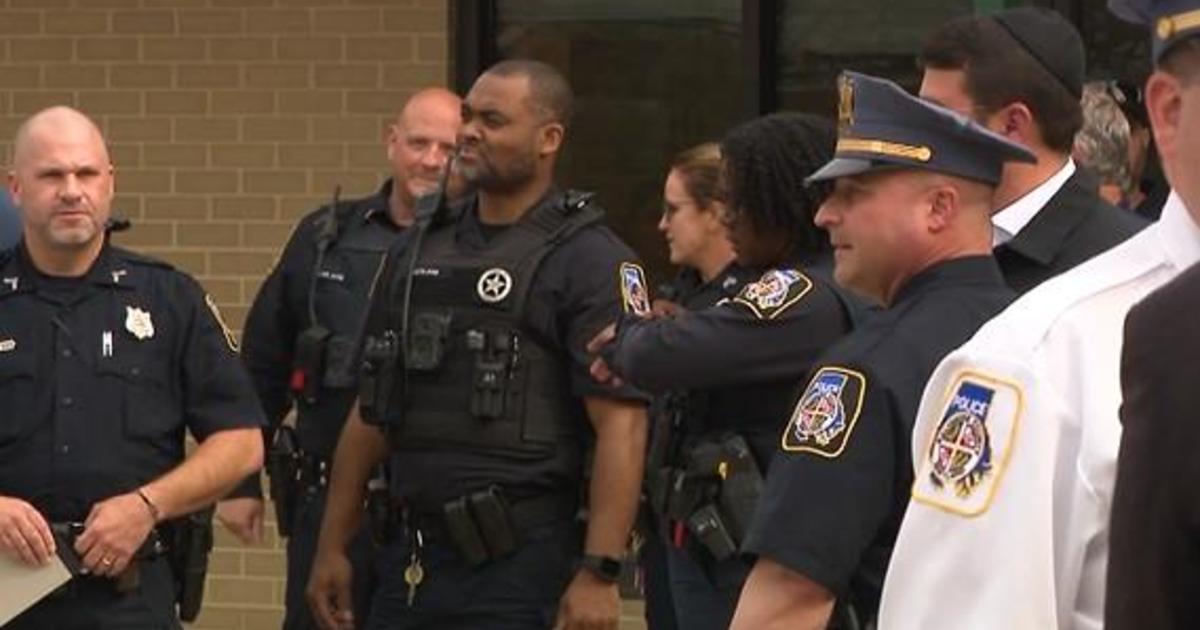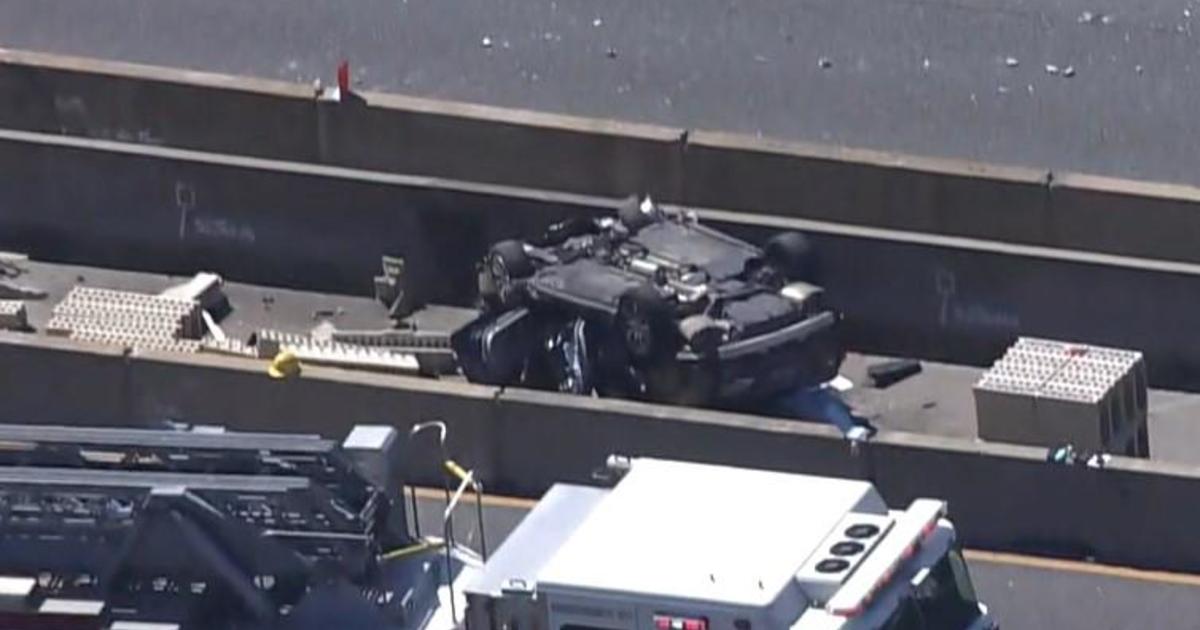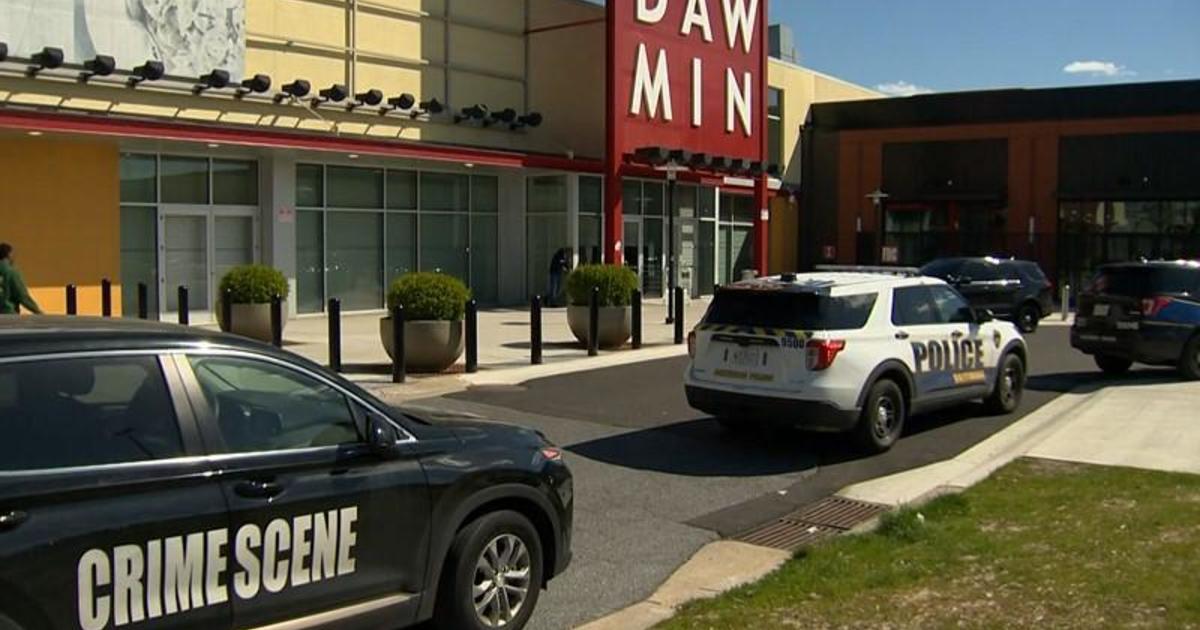Universities Help Baltimore Police Rebuild Trust
BALTIMORE (AP) — University professors and students are lending their expertise to local police departments looking for new ways to rebuild relationships and accountability with the communities they serve.
Universities "can explore grant opportunities that we may not be aware of or eligible to apply for without their partnership," Baltimore Police Commissioner Kevin Davis said in an interview with Capital News Service.
"The marriage of academic institutions and boots on the ground police departments allows us to explore new opportunities as well as new technologies," he said.
The School of Social Work at the University of Maryland, Baltimore, is partnering with the Baltimore Police Department on community policing efforts while the College Park campus' sociology department is working with the Prince George's County Police Department to help officers identify their biases. Johns Hopkins University began a partnership with the police department to develop programs aimed at reducing violent crime in 2016, according to a university press release.
A BROKEN RELATIONSHIP
The Department of Justice's 2016 investigation of the Baltimore Police Department, which led to the consent decree between the Justice Department and the police, found that "the relationship between the police and the community in Baltimore is broken."
"Many residents throughout the City of Baltimore, and particularly in impoverished, primarily minority, neighborhoods, described being belittled, disbelieved, and disrespected by officers," the report said.
"The consent decree and the DOJ report told us a lot of what we already knew about community-police relations in Baltimore," said Wendy Shaia, executive director of the Social Work Community Outreach Service the University of Maryland, Baltimore. "I think this is a real opportunity for us to change those relationships."
Two School of Social Work projects are in the works.
The first proposal will pair students from the school with officers working in four key "transformation zones" across the city. These zones are areas that had "elevated concentrations of gun-related crimes" in 2016, according to the police department's website.
The department intends to collaborate with outside organizations in these zones. The idea is that community-driven intervention strategies will reduce violent crimes overall.
The Johns Hopkins Bloomberg School of Public Health is already working with officers in the transformation zone program, according to the police department's website.
The goal of the University of Maryland proposal, Shaia said, is to be able to place one graduate student working as a community analyst in each of the four zones, with a fifth student overseeing the broader mission of the program across all the communities.
"As social workers, we have the perfect set of skills to help bridge the gap between community members and the police," Shaia said. "We want our students to think about community issues from a macro perspective so that ... they are recognizing all the societal, institutional, and structural issues that contribute to the complex and rippling impacts of poverty and oppression."
The second project, said Richard Barth, dean of the School of Social Work, is a certificate program that would offer specialized training for police officers on community issues such as intimate-partner violence, suicide, youth violence, child abuse and neglect.
Like police, social workers are "first responders, and they have to be out working in families with many of the same problems," Barth said. "We work in a lot of the same sectors, with a lot of the same populations as the police."
Barth said that the School of Social Work surveyed officers to find out what they would want from a certificate program with the support of the police department's Chief Ganesha Martin and Capt. Rhonda McCoy of the Department of Justice Compliance, Accountability and External Affairs Division. The survey received more than 600 responses, Barth said.
"As the leading state organization for training people that work in protective services, we have a lot of training capacity," Barth said. "A substantial portion of 911 calls are not about violence prevention, but really are more about social problems that need a response."
"We see ourselves as an asset," Barth continued. "We work closely with the police and we would be delighted to do more training, but there are many other ways we can be of assistance to the police, and that involves the possibility of police-social work teams."
Building ties between officers and citizens in Baltimore is vital to this process, Shaia said, but it also goes further into addressing the "deep and long and wide history of racial segregation and oppression" in Baltimore.
"Baltimore was ground-zero for racialized housing discrimination in the country," Shaia said. "I think what we're seeing now is simply the result of our very deep, racialized history in this city. And until we begin to recognize it for what it is, that is always going to create a disconnect between our criminal justice system and our community."
The School of Social Work has been talking with the Baltimore Police Department since before the consent decree was signed to offer support.
Shaia said that addressing these structural issues — including education, substance abuse, employment, infrastructure and access to housing — holds the key to beginning to tackle crime in Baltimore.
"We can't just tackle crime by itself. We've been doing that for years, and it hasn't been working," said Shaia. "It's going to take more than the police department. They are just one part of our infrastructure."
HELP FROM VIRTUAL REALITY
The University of Maryland, College Park has been working with the Prince George's County Police Department to develop simulation-based, virtual reality trainings to help officers recognize unconscious attitudes they bring to their policing.
Dr. Kris Marsh and Dr. Rashawn Ray, both sociology professors at the University of Maryland, College Park, study implicit bias — prejudice that develops and plays out unconsciously. Implicit bias has been associated with differences in policing of individuals depending on their race, gender or sexual orientation.
Marsh and Ray have created and begun offering classroom lessons on implicit bias for Prince George's officers. Now, they are taking their research and merging it with existing virtual reality technology to show officers how their biases can show up on the streets.
In 2016, the sociology professors approached computer scientists in the University of Maryland Institute for Advanced Computer Studies with a proposal to develop a virtual reality simulation to complement their teachings.
"There's some data that suggests that virtual reality has a longer-term effect than some of this two-dimensional kind of stuff that's out there," Marsh said.
The Maryland Blended Reality Center, a collaboration between the university's College Park and Baltimore campuses that innovates with virtual and augmented reality, embraced the sociologists' challenge. It anticipates debuting the implicit bias trainings in March 2018, said the center's associate director, Barbara Brawn-Cinani, who works closely with director Amitabh Varshney.
Officers will wear headsets for training simulations, allowing for close detection of facial expressions of civilians they encounter in each scene, she said.
While other virtual reality police trainings focus on strengthening officers' decision-making abilities, these trainings aim to make officers aware of their personal biases.
"In an immersive environment where you're able to track things on a much more refined level those things become very hard to hide," Brawn-Cinani said. "Sociology's initial thought was it's very hard to work with implicit bias on the basis of it being unconscious, and if we have a way to really get into people's heads it will allow us to help them address that and become aware of this."
Police departments across the country, including Baltimore, use virtual reality trainings to provide officers a risk-free setting to practice use of force and verbal de-escalation.
Baltimore Police Sgt. Regina Richardson participated in virtual reality scenarios for the first time during her annual training in early December. She said she enjoyed the experience and was pleased when she performed correctly.
"For something where we need to kind of just hold back a second to see what we have before we go blasting, I think it's a good idea," she said.
Follow @CBSBaltimore on Twitter and like WJZ-TV | CBS Baltimore on Facebook
(© Copyright 2018 The Associated Press. All Rights Reserved. This material may not be published, broadcast, rewritten or redistributed.)



